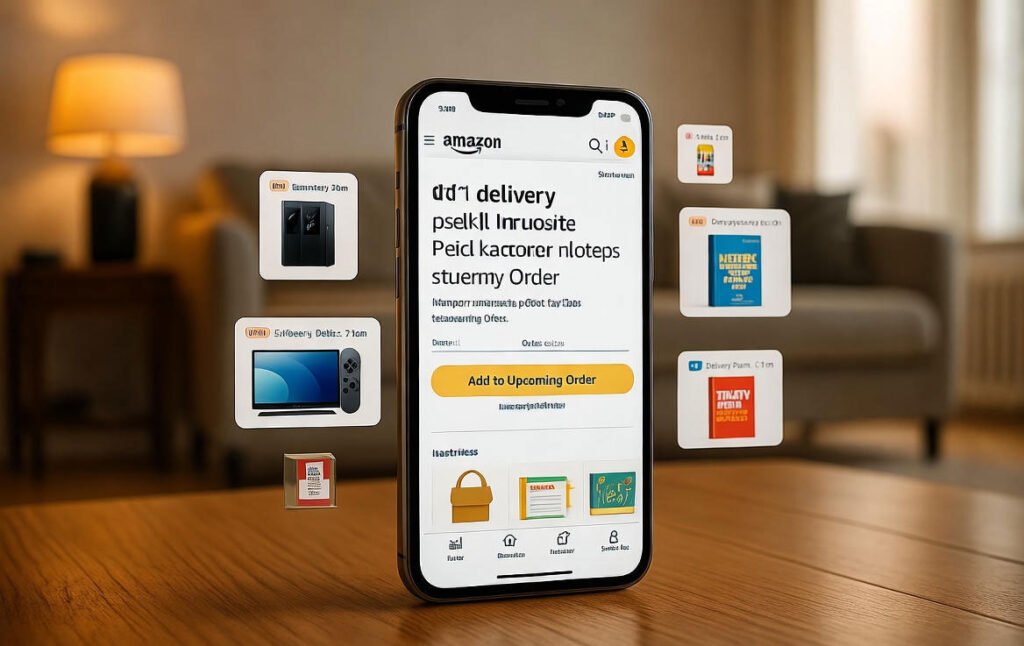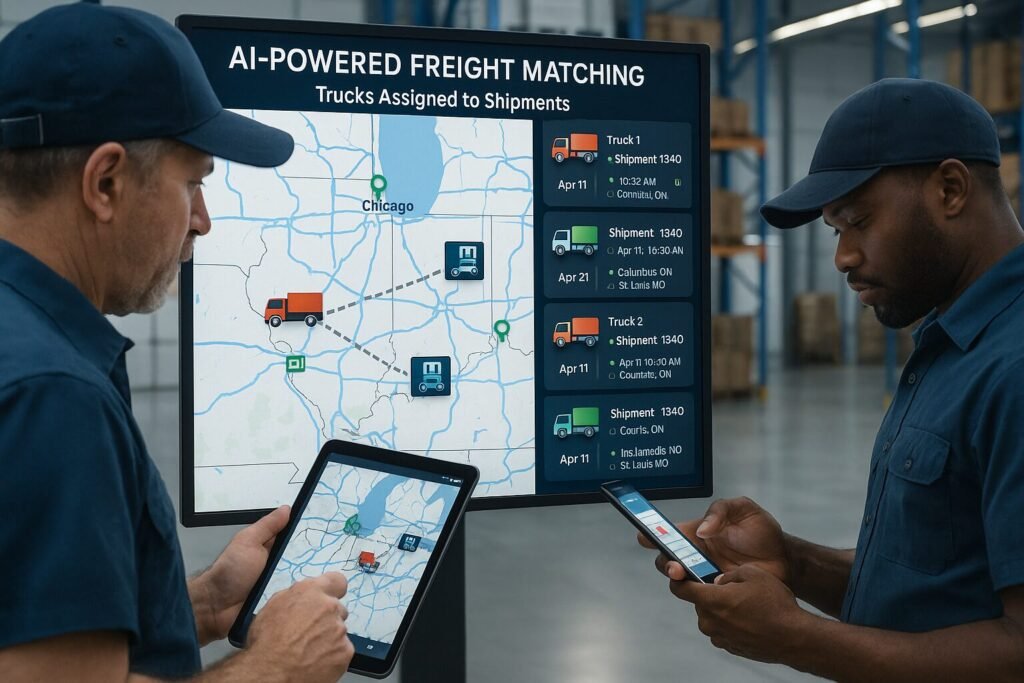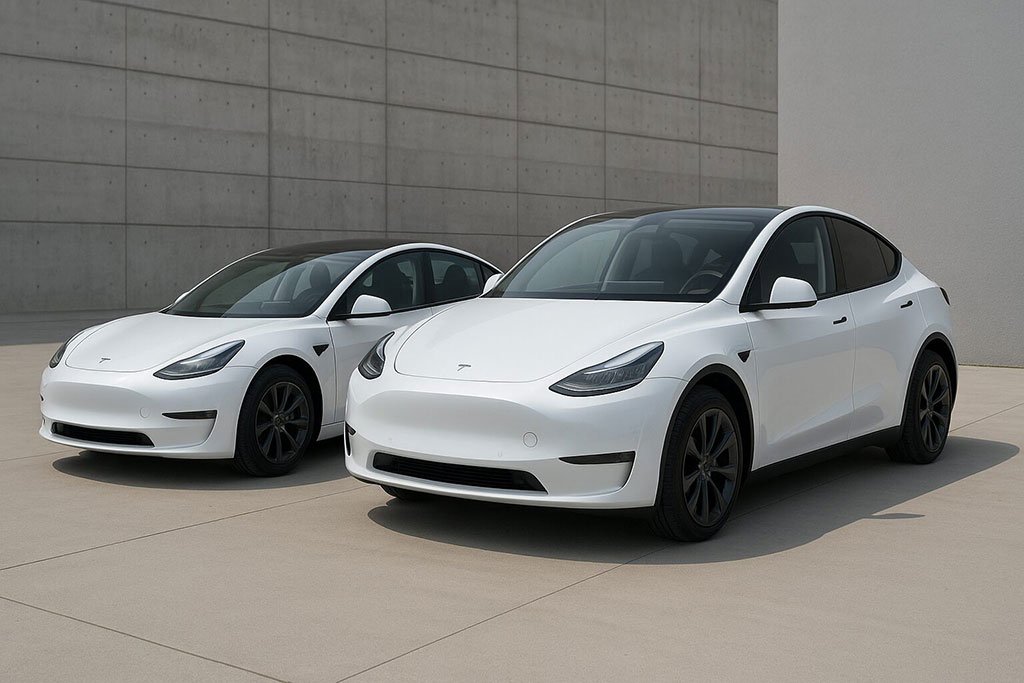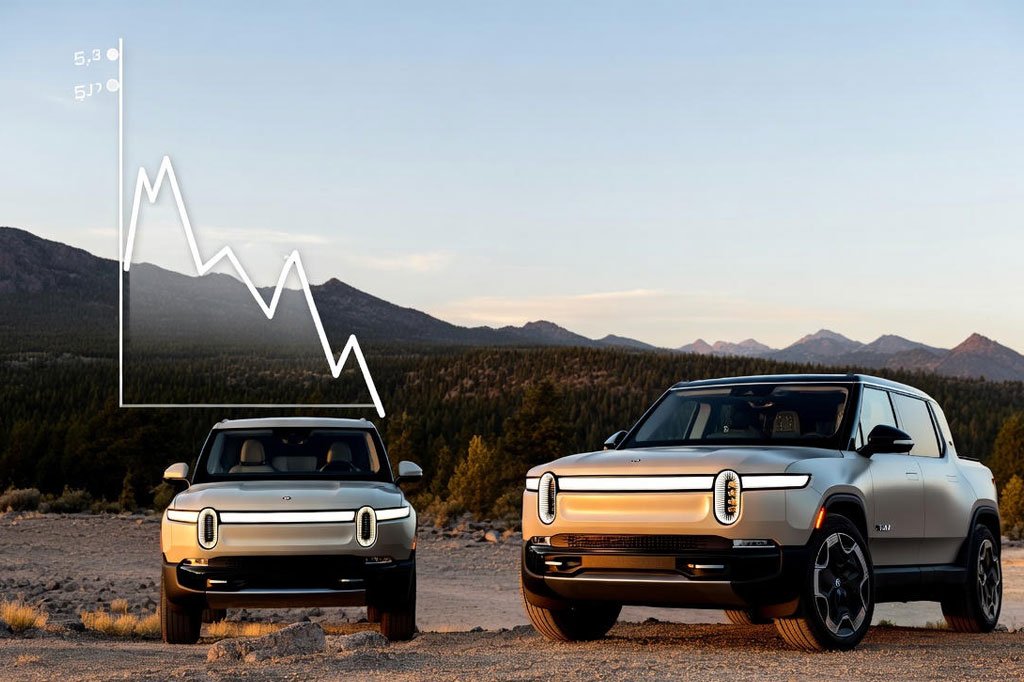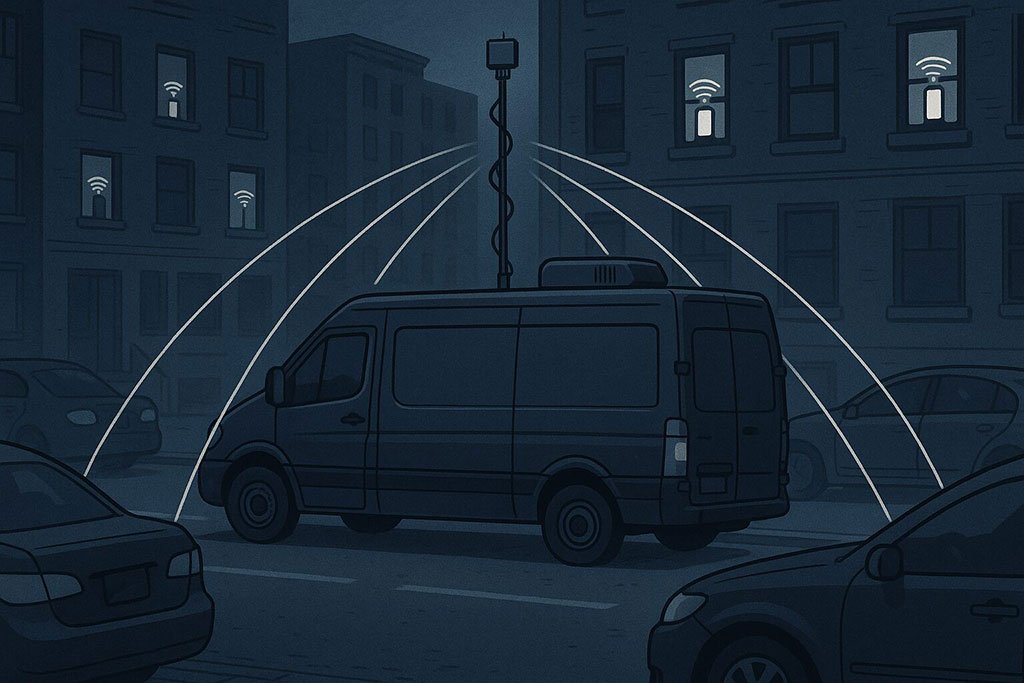Now Reading: Why Every EV Owner Will Soon Need a Dongle
-
01
Why Every EV Owner Will Soon Need a Dongle
Why Every EV Owner Will Soon Need a Dongle
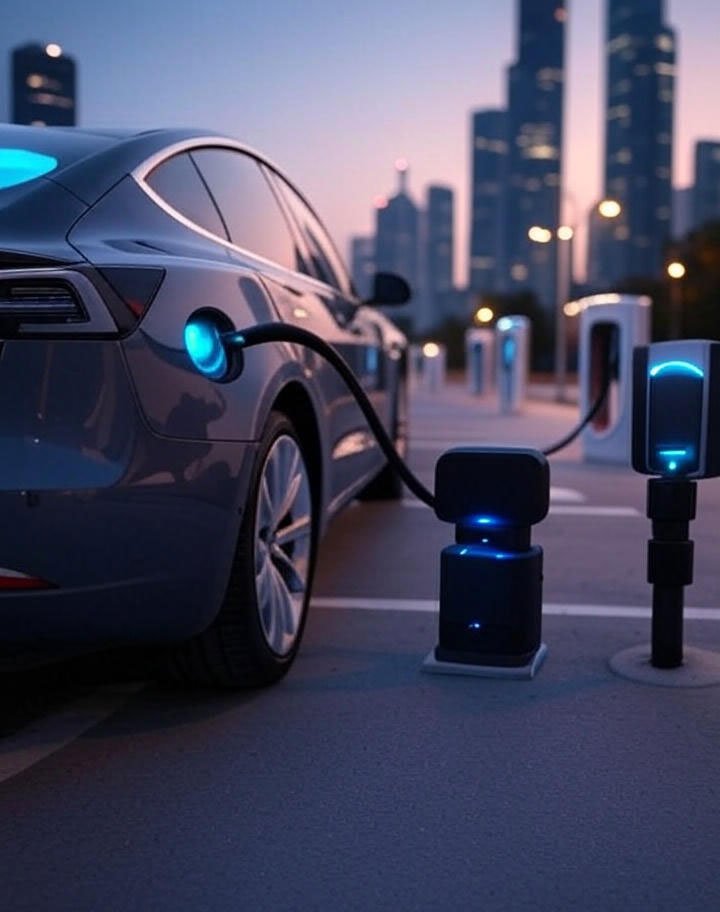
Electric vehicles (EVs) are transforming the automotive landscape, with millions embracing the shift to cleaner, more sustainable transportation. As EV adoption surges, so does the need for seamless integration with charging infrastructure, vehicle diagnostics, and connectivity. Enter the dongle—a small, unassuming device that’s poised to become an essential companion for every EV owner. This article explores why dongles are becoming indispensable, delving into their functionality, benefits, and the evolving EV ecosystem that’s driving their necessity.
The Rise of Electric Vehicles and Connectivity Needs
The global EV market is booming, with sales projected to reach 31.1 million units annually by 2030, according to BloombergNEF. As EVs become mainstream, owners face new challenges: optimizing charging, monitoring vehicle health, and accessing real-time data. Unlike traditional vehicles, EVs rely heavily on software and connectivity, creating a demand for tools that bridge the gap between the car, the driver, and external systems.
Dongles, typically plugged into an EV’s On-Board Diagnostics (OBD-II) port, serve as this bridge. These compact devices collect and transmit data, enabling a range of functionalities that enhance the EV ownership experience. From tracking battery performance to integrating with smart home systems, dongles are emerging as a must-have accessory.
What Is an EV Dongle?
An EV dongle is a small electronic device that connects to a vehicle’s OBD-II port, a standardized interface found in most modern cars. Originally designed for diagnostic purposes, the OBD-II port has become a gateway for accessing a wealth of vehicle data. Dongles leverage this port to communicate with the car’s systems, sending data to apps or cloud platforms for analysis and user interaction.
Modern EV dongles are equipped with wireless technologies like Bluetooth, Wi-Fi, or cellular connectivity, allowing real-time data transmission. They can monitor battery charge levels, driving habits, and even environmental conditions, providing actionable insights to drivers. Some advanced dongles integrate with charging networks or smart home systems, enabling automation and optimization.
Why Dongles Are Becoming Essential
Enhanced Battery Management
Battery health is a top concern for EV owners, as it directly impacts range and longevity. Dongles provide detailed insights into battery performance, including charge cycles, temperature, and degradation rates. For instance, a dongle can alert drivers when battery temperatures exceed safe levels, preventing long-term damage.
By analyzing driving patterns and charging habits, dongles help optimize battery usage. Apps paired with dongles can suggest the best times to charge based on electricity rates or grid demand, saving money and reducing strain on the power grid. As EVs age, these insights become critical for maintaining performance and resale value.
Streamlined Charging Experience
Charging an EV isn’t always as simple as plugging in a gas pump. Public charging stations vary in compatibility, speed, and reliability, leading to frustration for some owners. Dongles address this by integrating with charging networks, providing real-time data on station availability, pricing, and compatibility with your vehicle.
Some dongles enable “plug-and-charge” functionality, where the vehicle automatically authenticates with the charger, eliminating the need for multiple apps or RFID cards. This seamless experience is particularly valuable as charging infrastructure expands and competition among providers grows.
Vehicle Diagnostics and Maintenance
EVs have fewer moving parts than internal combustion engine vehicles, but they’re not immune to issues. Dongles can monitor vehicle health, detecting faults in systems like the electric motor, cooling system, or software. By providing early warnings, dongles help owners address issues before they escalate, potentially saving thousands in repair costs.
For example, a dongle might detect irregular power consumption, indicating a potential issue with the battery management system. This data can be shared with service centers, streamlining diagnostics and reducing downtime.
Integration with Smart Ecosystems
The modern EV is part of a broader connected ecosystem, including smart homes, IoT devices, and renewable energy systems. Dongles enable integration with these systems, allowing owners to automate tasks like charging during off-peak hours or syncing with solar panels for eco-friendly charging.
For instance, a dongle paired with a smart home system can prioritize charging when solar energy production is high, reducing reliance on fossil fuel-based grids. This level of integration aligns with the sustainability goals of many EV owners, making dongles a key enabler of green technology.
Data-Driven Driving Insights
Dongles don’t just monitor the vehicle—they analyze driver behavior. By tracking metrics like acceleration, braking, and energy consumption, dongles provide feedback to improve efficiency. This is especially useful for maximizing range, a critical factor for long-distance EV travel.
Some dongles gamify the driving experience, rewarding efficient habits with scores or incentives. This not only makes driving more engaging but also encourages sustainable practices, aligning with the ethos of EV ownership.
The Role of Dongles in Fleet Management
For businesses operating EV fleets, dongles are a game-changer. Fleet managers can use dongles to monitor multiple vehicles in real time, tracking metrics like battery levels, location, and driver performance. This data enables optimized routing, predictive maintenance, and cost savings.
Dongles also support compliance with regulations, such as emissions reporting or driver safety standards. As governments push for greener transportation, businesses adopting EVs will increasingly rely on dongles to manage their fleets efficiently.
Challenges and Considerations
While dongles offer numerous benefits, they’re not without challenges. Security is a major concern, as OBD-II ports provide direct access to a vehicle’s systems. A poorly designed dongle could be vulnerable to hacking, potentially compromising vehicle safety or data privacy. Manufacturers must prioritize robust encryption and secure protocols to mitigate these risks.
Compatibility is another issue. Not all dongles work with every EV model, as proprietary systems and software vary between manufacturers. Owners must ensure their dongle is compatible with their vehicle’s make and model to avoid functionality issues.
Cost is also a factor. While basic dongles are affordable (starting at $50–$100), advanced models with cellular connectivity or premium features can cost several hundred dollars. However, the long-term savings from optimized charging and maintenance often outweigh the initial investment.
The Future of EV Dongles
As the EV market matures, dongles will evolve to meet new demands. Advances in artificial intelligence and machine learning will enable dongles to provide predictive analytics, such as forecasting battery degradation or suggesting maintenance schedules. Integration with autonomous driving systems could also allow dongles to optimize energy use in real time.
The rise of Vehicle-to-Grid (V2G) technology, where EVs feed energy back to the grid, will further elevate the importance of dongles. These devices will manage bidirectional energy flow, ensuring EVs contribute to grid stability while meeting owner needs.
Standardization is another trend to watch. As the EV industry grows, there’s a push for universal standards for dongles and OBD-II connectivity. This would simplify compatibility and reduce fragmentation, making dongles accessible to a broader range of EV owners.
Why Every EV Owner Will Need One
The convergence of connectivity, data analytics, and sustainability is making dongles indispensable. They empower owners to maximize their vehicle’s potential, from extending battery life to streamlining charging and maintenance. As EVs become more integrated with smart technologies, dongles will serve as the linchpin, connecting vehicles to the digital world.
For early adopters and tech enthusiasts, dongles are already a no-brainer. But even casual EV owners will soon find them essential as charging networks expand, software updates become more frequent, and data-driven insights become the norm. In a world where efficiency and connectivity reign supreme, the humble dongle is set to become as ubiquitous as the smartphone.
The EV revolution is about more than just electric power—it’s about creating a smarter, more connected driving experience. Dongles are at the forefront of this transformation, offering tools to optimize performance, reduce costs, and align with sustainability goals. As the technology matures and the EV market grows, every owner will soon find themselves reaching for a dongle to unlock their vehicle’s full potential. Whether you’re a tech-savvy driver or a practical commuter, this small device is poised to make a big impact.
















